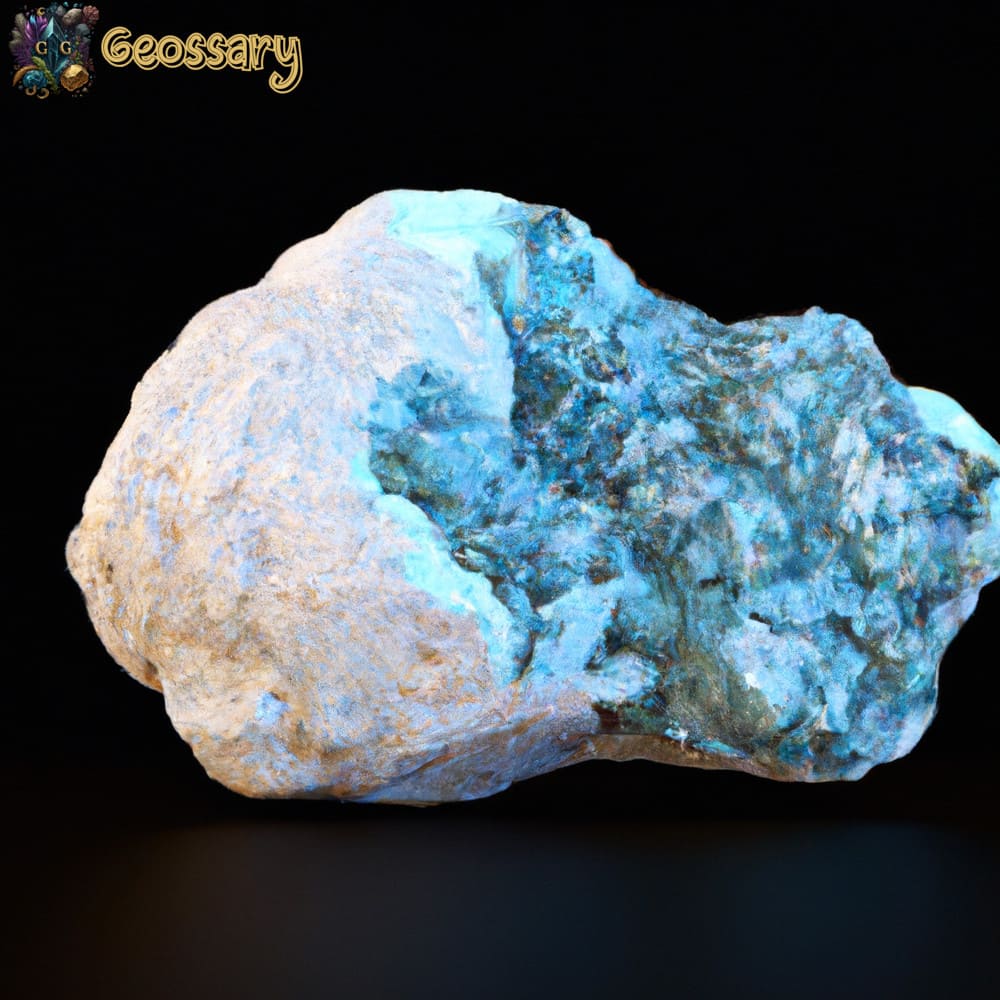Wavellite is a mineral belonging to the group of phosphates that occurs as a secondary mineral of hydrothermal alteration, but is not abundant. It is one of the most appreciated gems by collectors for its classic radiant appearance, which creates striking pinwheel aggregates that come from its central core, in addition to its different shades of green.
It owes its name to William Wavell, a British physician and naturalist, who discovered the stone in 1805. Below, you will find all the relevant information about this gem, including its composition, properties, the most important deposits and why it is one of the most precious minerals for collectors.
Properties and characteristics of the wavellite mineral
Wavellite stone is an aluminum phosphate which can sometimes contain fluoride and iron. Its chemical formula is Al3(PO4)two(OH,F)35HtwoEITHER. Its predominant color is green in different shades, including yellowish green.
| wavellite | Physical and chemical properties |
|---|---|
| Formula | Al3(OH)3(PO4)2 5H2O. |
| group, class | Phosphates, wavellite group |
| Idea | Secondary mineral in hydrothermal veins; also in aluminous and phosphated rocks. |
| Colors | White, greenish-white, green, yellowish-green, yellow, yellowish-brown, brown to brownish-black. Very rarely colourless, bluish. |
| Fracture | subconchoidal to uneven |
| Mohs hardness | 3.5-4 |
| cleavage | Perfect 1 direction |
| crystallography and shape | Orthorhombic. Very minute crystals; generally as radial aggregates of acicular crystals; often clusters of spherical crystals; stalactitic crusts. |
| Refractive index | 1,520-1,561 |
| Luminescence | Occasionally bluish in LW (several localities). |
| pleochroism | Weak: Greenish / Yellowish. |
| Gloss | Vitreous: also resinous to pearly. |
| specific gravity | 2.36 |
| Transparency | Translucent. |
However, greenish-white, brown, yellow-brown, blue, dark brown, and white pieces usually appear, with some specimens colorless on exposure to light. Occasionally, it presents concentric regions of multiple colors in radial cross sections.
Its shine is greasy, vitreous and pearly, and it is from transparent to translucent. Their Hardness is 3.5 to 4 on the Mohs scale., while his crystal system is orthorhombic.
Single crystals are rare due to their long, ridged prisms. They are often found in radiating and globular aggregates, whose internal structure is stellate or radial fibrous crystals.
Meaning and metaphysical properties of the wavellite gem
Popular belief states that wavellite is a stone of love, compassion, peace and intuition. On a spiritual level, the wavellite crystal has the power to r rejuvenate the vital energy and bring out the softest phase of each person.
In this sense, the use of the stone is said to encourage compassion for the people around us, even if they are complete strangers. Is a stone for union and compassion.
On a physical level, the wavelite stone emits powerful healing vibrations, since it promotes the balance in the blood count, it serves as a complement in the dermatitis treatment, and can also help in cases flu and other common infections.
The metaphysical power of this gem lies in the recognition of the law of one. Apparently, the wavellite allows us to understand that each person is whole and complete, which in turn allows us to recognize ourselves as equals.
With respect to making important decisions, this stone will illuminate the panorama so that people act correctly without the influence of negative thoughts.
Origin, formation and deposits of the wavellite crystal
The wavellite stone is presented as secondary mineral in hydrothermal veins or in phosphated and aluminous rocks. It comes in the form of translucent, greenish globular mass on fracture surfaces in the matrix, and also as clusters of fibrous crystals. Opaline, chalcedony, or stalactic-like masses are rare, but can occur. It usually appears associated with quartz, limonite and muscovite.
Because crystal clusters can splinter, wavellite mineral is difficult to cut. The individual crystals are too small, so stone cutters can create freeforms and cabochons from the found material. In fact, faceted wavelite gems are extremely rare.
The main deposits of yellowish or cream colored wavellite are found in Bolivia, Germany, England and Ireland. Nevertheless, the most relevant occurrences of the crystal come from Arkansas, USA.
Yellow to green, spherical specimens can be found at Mount Pleasant Mills, Pennsylvania. A deep green form of wavelite has also been reported from El Dorado, California.
Uses of wavellite stone
When found in abundance, the mineral wavellite is used as a raw material to manufacture phosphate fertilizers. However, its main use is as a collector’s ore.

